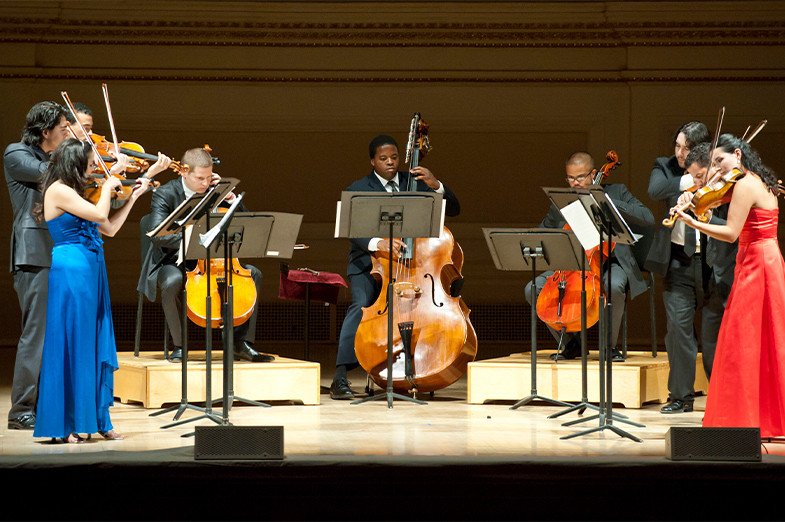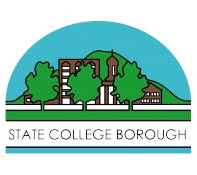

Sphinx Virtuosi
March 3, 2021 @ 7:30 pm - March 10, 2021 @ 7:30 pm
| FreeWatch the event beginning at 7:30 p.m. Wednesday, March 3. It will be available for streaming until 7:30 p.m. Wednesday, March 10.
Drawing inspiration from the most promising voices of today, Sphinx Virtuosi seeks to lift the many voices within its communities. Despite the physical isolation imposed by the pandemic, the chamber orchestra’s members are unified through a shared commitment to social impact through expression.
This presentation features two performances recorded, before the pandemic, in front of live audiences. It also includes recent performances conducted virtually with the musicians in separate locations. Each piece is insightfully introduced by a Sphinx artist.
The program:
Xavier Foley: Ev’ry Voice (newly-recorded grid performance)
Jessie Montgomery: Source Code (archival recording)
Antonin Dvorak: Finale from Quartet in F Major, Op. 96, American, arranged for chamber orchestra (newly-recorded grid performance)
Andrea Casarrubios: Seven featuring cellist Tommy Mesa (new multi-camera solo performance)
Leonard Bernstein: “America” from West Side Story (newly-recorded grid performance)
Michael Abels: Delights and Dances (archival recording)
Sphinx is inspired by the music of Michael Abels, one of the most versatile composers of today, whose work spans cinema and concert halls. The sounds of Jessie Montgomery’s Source Code redefine the canon of tomorrow.
Beginning the presentation with a new work by Xavier Foley, Ev’ry Voice, and continuing on a journey toward other American classics, the ensemble looks for new ways to lift the voices of Black and brown communities through the lens of its Black and brown musicians.
The Sphinx Organization is dedicated to transforming lives through the power of diversity in the arts. Sphinx’s four program areas—Education and Access, Artist Development, Performing Artists, and Arts Leadership—form a pipeline that develops and supports diversity and inclusion in classical music at every level: music education, artists performing on stage, the repertoire and programing being performed, the communities represented in audiences, and the artistic and administrative leadership within the field.
Aaron P. Dworkin founded Sphinx in Detroit in 1997 with the goal of addressing the underrepresentation of people of color in classical music. The name Sphinx, inspired by the mythical creature and legendary statue, reflects the power, wisdom, and persistence that characterize Sphinx’s participants, as well as the enigmatic and interpretive nature of music and art.
Now headed by President and Artistic Director Afa S. Dworkin, Sphinx programs annually reach more than 100,000 students and artists, as well as live and broadcast audiences of more than two million.






